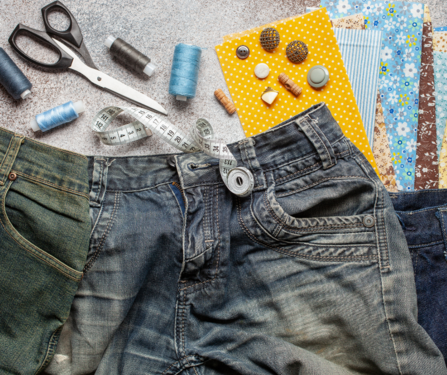Recycling is a key part of the circular economy, helping to protect our natural resources and reduce our impact on the planet. Recycling helps wildlife by bringing down the amount of plastic in the environment; cutting down on the amount of new plastic we produce; saving trees, saving water and making our world cleaner.
We have the power to make lasting changes to combat this, and with recycling being recognised in the UN’s Sustainable Development Goals 2030, we are already seeing individuals, governments and organisations taking direct action to support the global green agenda, including Bristol City Council declaring an ecological emergency in 2020.
This World Recycling Day (18 March), you can take action by recycling, reusing and upcycling to help cut down on household waste and make a difference for nature. Don’t see waste, see an opportunity!


